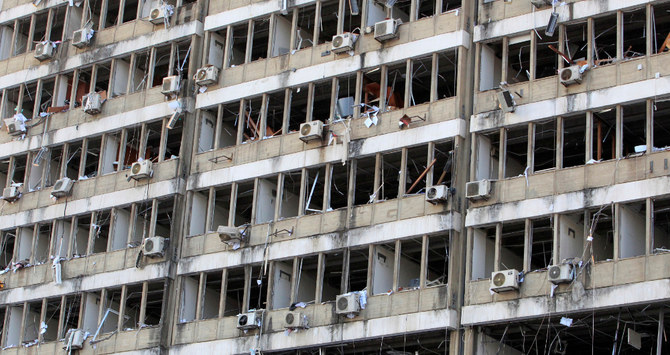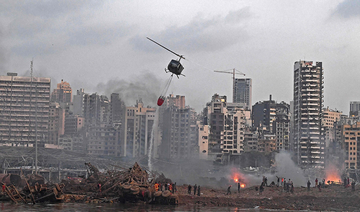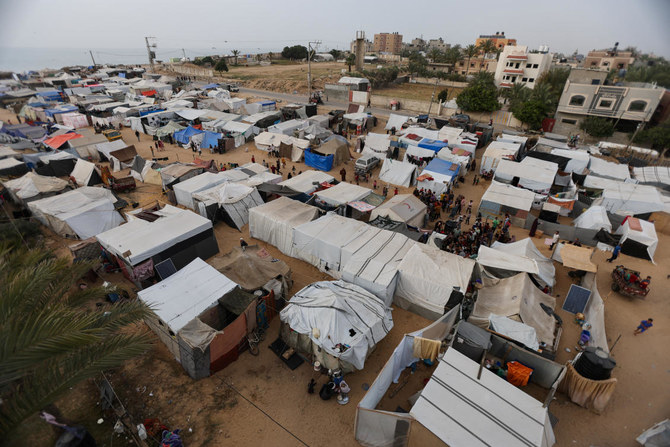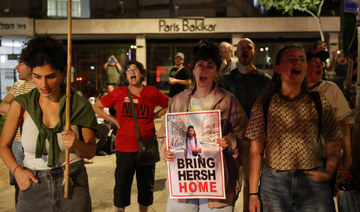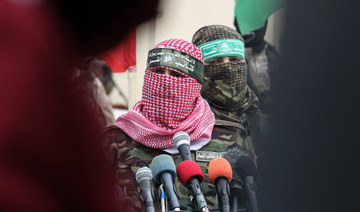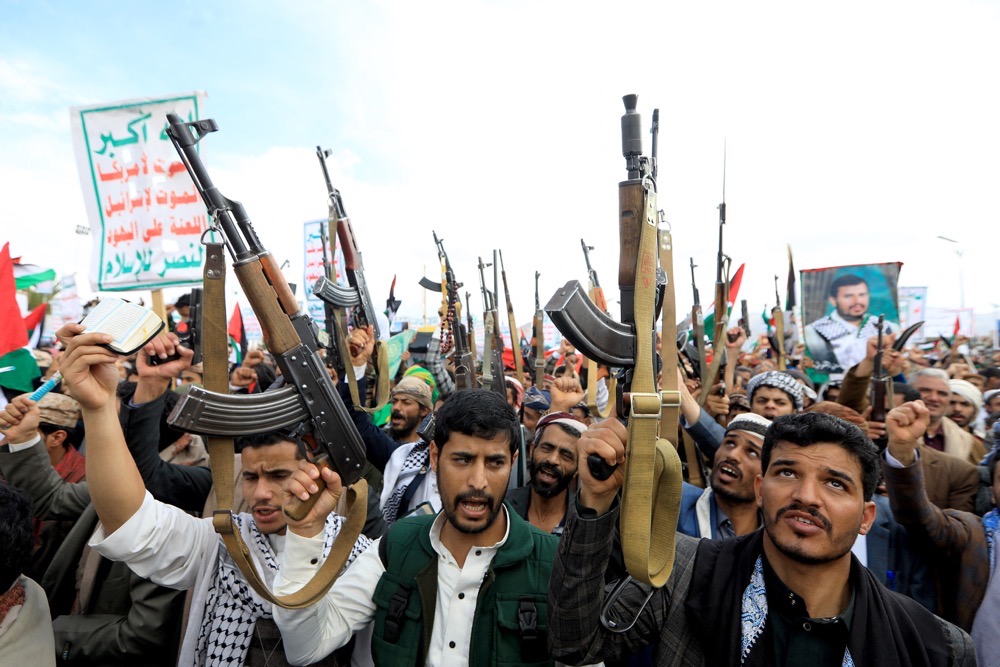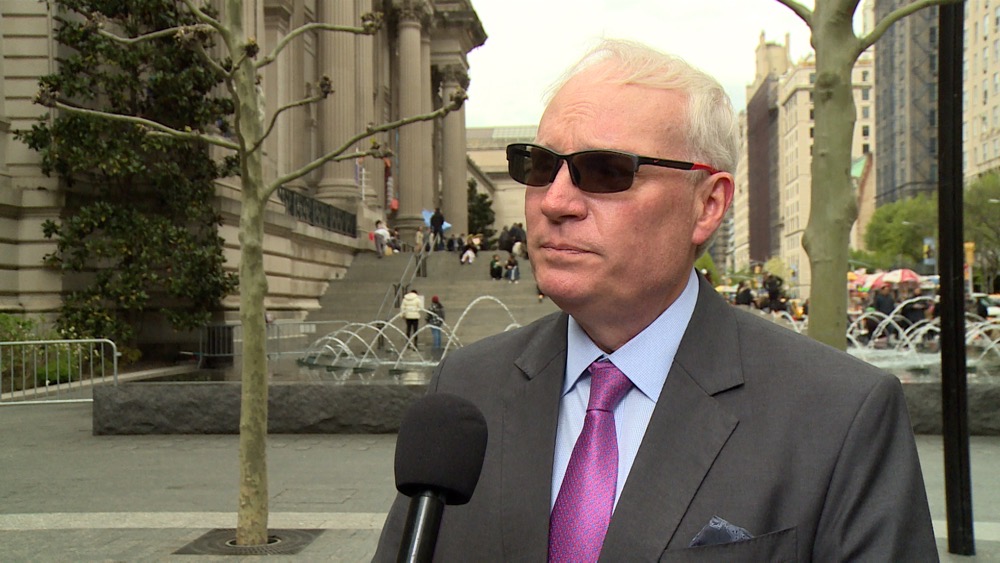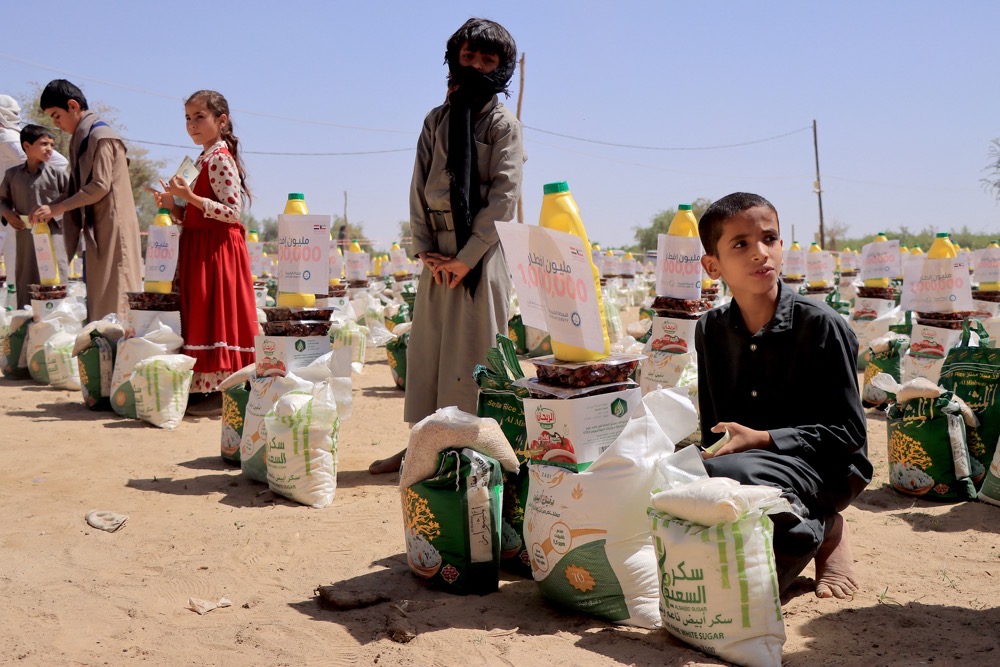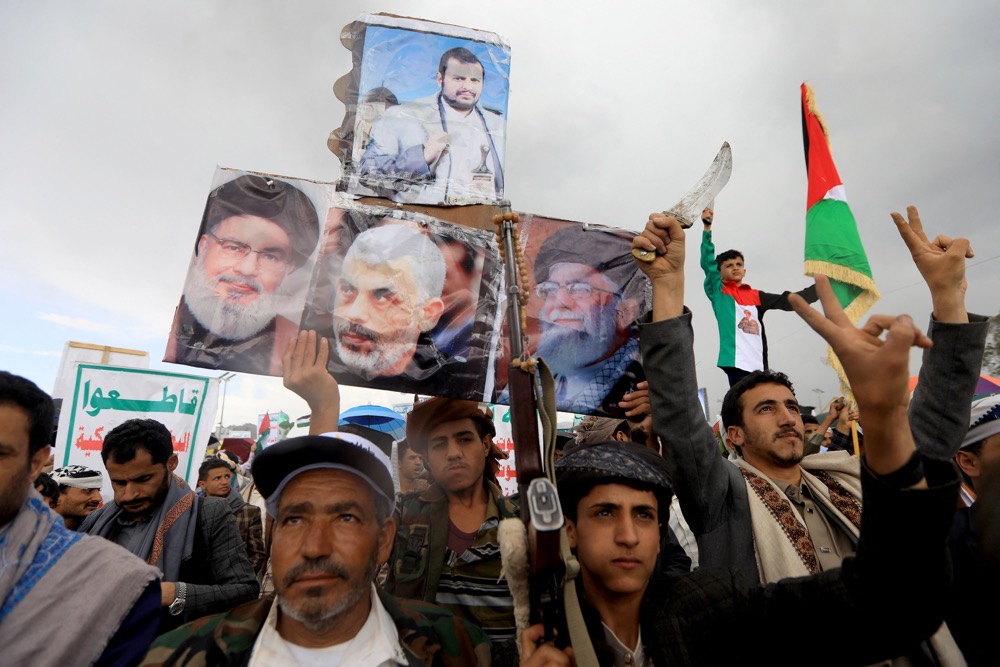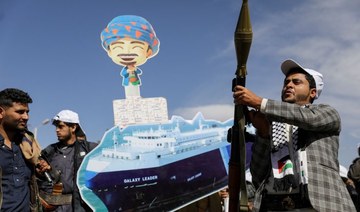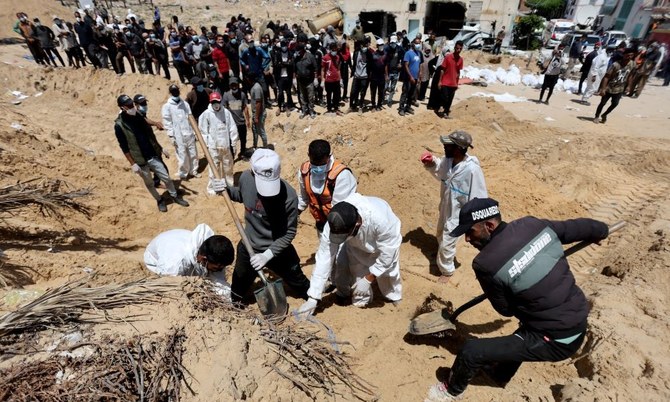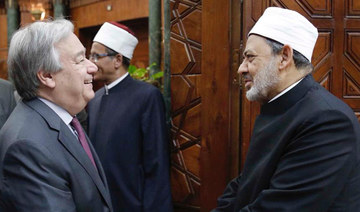BEIRUT: Most people experience nightmares only when they sleep. On Wednesday, Beirut woke up to one.
The once bustling port area of the Lebanese capital, the site of Tuesday’s massive explosions, lay in ruins. Amid the flattened remains of warehouses, one of which had been used for years to store 2,750 tonnes of confiscated, highly explosive ammonium nitrate, all that remained standing was the twisted, mangled ruin of a grain silo, its precious contents now unusable.
Farther into the city, where the shock wave from the main blast caused devastation over a radius of more than five kilometers, residents mourned the dead, continued to search for missing loved ones and surveyed the ruins of their homes and businesses.
Beirut Governor Marwan Abboud estimated the cost of the damage at up to $15 billion, an impossible amount for an already bankrupt economy. Maroun Helou, the president of the Lebanese Contractors Syndicate, estimated that about 50,000 buildings were destroyed or damaged.
The official death toll rose on Wednesday to 135. More than 5,000 people were injured and dozens are still missing, many of them believed to be port workers buried under the rubble at the heart of the explosion. The Lebanese flag flew at half-staff across the country as a mark of respect for the victims.
Lebanese Red Cross chief George Kettana described the blast and its aftermath as “an unprecedented disaster.” He added: “Seventy-five of our ambulances have transported 100 dead and more than 4,000 injured so far and there are (still people) missing.”
Surgeons continued to operate on the injured on Wednesday, after hospitals were overwhelmed on Tuesday. Some of the wounded told how they were taken to hospital on motorcycles driven by passers-by because ambulances were unable to reach them.
Security forces cordoned off central Beirut to prevent theft and looting. The few pedestrians that could be seen found it difficult to walk on streets covered in shattered glass.
One shop owner said: “I experienced all the wars that took place in Beirut, and the attacks against it, but I have never witnessed such devastation in my life. How will we survive? Everything has been destroyed. We are tired. We want salvation.”
Eleven members of the United Nations Interim Force in Lebanon, who were on boats anchored at the port, were injured by the blast. They were taken to Sidon for treatment, as emergency departments in Beirut struggled to cope with the flood of wounded. The tourist ship Orient Queen sank in the port. Two crew members were killed and seven injured.
Pierre Ashkar, head of the Syndicate of Hotel Owners in Lebanon, said: “Ninety percent of Beirut’s hotels have been damaged and there are large numbers of wounded people in hotels, including employees and customers.”
Although silos used for storing wheat — which were rebuilt 15 years ago after suffering damage during the Civil War — were destroyed in the blast, analysts said this is not expected to cause a bread shortage. One expert said: “Wheat will not be stored during reconstruction of the silos. Instead, it will be unloaded from ships directly to trucks that will transport it to the mills.”
The Lebanese cabinet, which met for an unscheduled meeting on Wednesday, has declared a state of emergency lasting two weeks, which gives the military the authority to maintain national security. It also ordered that all those responsible for the management, storage, guarding and scrutiny of the chemicals in the warehouse at the port be placed under house arrest, and vowed that those responsible for the explosion would be identified.
While visiting the port to survey the damage, President Michel Aoun said: “The city of Beirut has turned into a disaster city. But the enormity of the shock will not prevent us from carrying out investigations and revealing the circumstances of what happened as soon as possible, holding the officials and inattentive people accountable and imposing the most severe penalties against them.”
A senior judge instructed the General Directorate of the Internal Security Forces to carry out swift investigations into the circumstances of the explosion, including identification of those tasked with ensuring the safe storage of the chemicals, and those in charge of maintenance work reportedly being carried out at the warehouse shortly before the blast.
The details of the confiscation of the ammonium nitrate about six years ago are still somewhat unclear. The port’s general manager, Hassan Koraytem, said there had been correspondence about the chemicals at the time of the seizure and guards were assigned to them, but that port authorities had no authority to move or dispose of them. He added that the judiciary had issued instructions for a gap in a gate to be closed to protect the chemicals from damage or theft and this was implemented by port authorities.
There have been suggestions that welding work at or near the warehouse caused a fire that triggered the explosion.
Meanwhile, messages of support and promises of aid poured in from world leaders. The cabinet was informed that French President Emmanuel Macron will visit Lebanon on Thursday to “stress solidarity with the Lebanese in the ordeal that befell them.”
In a call to Prime Minister Hassan Diab, US Secretary of State Mike Pompeo pledged “the support of the United States for Lebanon, and its willingness to provide urgent assistance,” the PM’s office said.
Former Prime Minister Saad Hariri also visited the scene of the explosion. He was greeted at the nearby memorial to his father, Rafic Hariri, by protesters tried to throw stones at him.
Meanwhile dozens of aircraft loaded with medical aid, including field hospitals, were sent to Lebanon by Arab and other foreign countries.
However, Suleiman Haroun, the president of the Syndicate of Private Hospitals, said: “The stock of medical supplies for hospitals is exhausted. We do not need field hospitals, but rather tools and supplies.”



